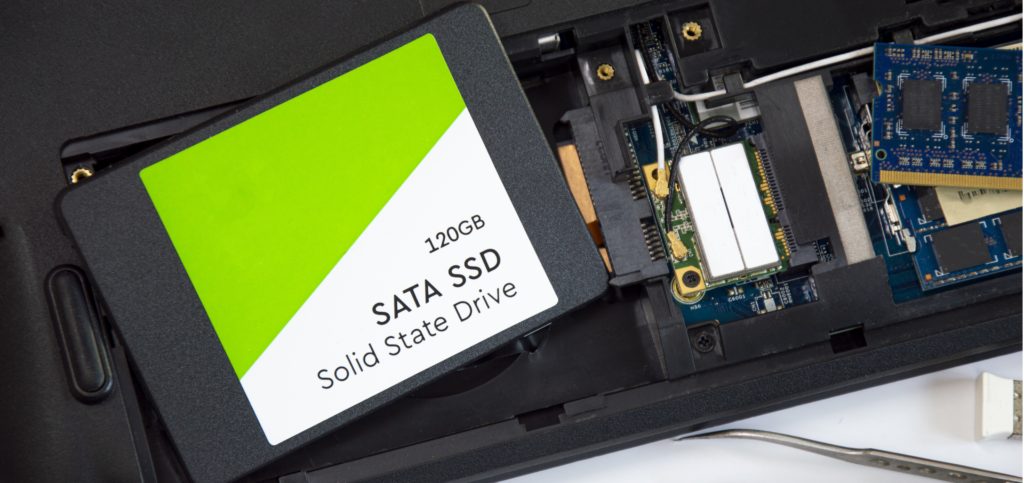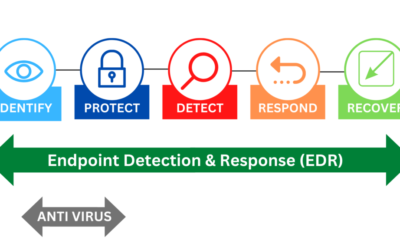The Crucial Role of Hard Drive Size in PCs and Laptops
Introduction:
In the fast-paced digital era, where data is the lifeblood of our personal and professional lives, the size of a computer’s hard drive plays a pivotal role in determining its overall performance and functionality. Whether you’re using a desktop PC or a sleek laptop, the impact of hard drive size is profound, influencing not just storage capacity but also system speed, multitasking capabilities, and user experience. In this blog post, we will delve into the significance of hard drive size and explore its effects on both PCs and laptops.
Storage Capacity:
The most apparent impact of hard drive size is on storage capacity. Larger hard drives provide more space to store an ever-expanding array of files, applications, and multimedia. This is particularly crucial in the age of high-definition videos, large software installations, and the constant creation of data. A capacious hard drive ensures that users don’t have to compromise on the quantity and variety of content they keep on their devices.
System Speed and Performance:
Beyond mere storage considerations, the size of a hard drive significantly influences a computer’s speed and overall performance. This is particularly evident in traditional hard disk drives (HDDs) compared to solid-state drives (SSDs). While HDDs with larger capacities might offer ample storage, they often lag in terms of read and write speeds. On the other hand, SSDs, known for their faster data access times, contribute to quicker boot-up speeds, reduced application load times, and an overall snappier computing experience.
Multitasking Capabilities:
In both PCs and laptops, the ability to multitask efficiently is a key factor for many users. A larger hard drive allows for the seamless management of multiple applications, files, and processes simultaneously. This is especially relevant for users engaged in resource-intensive tasks such as video editing, 3D rendering, or running virtual machines. The extra space enables users to switch between tasks without worrying about storage constraints impeding their workflow.
User Experience:
The impact of hard drive size extends to the overall user experience. A computer with ample storage space provides users with the flexibility to organize their digital lives without constantly having to manage storage or resorting to external drives. Additionally, a system with a well-sized hard drive is less prone to slowdowns, ensuring a smoother and more enjoyable computing experience.
Considerations for Different Use Cases:
The ideal hard drive size varies depending on the user’s needs. For casual users who mainly browse the internet, check emails, and use basic applications, a mid-sized hard drive might suffice. However, professionals dealing with large datasets, creative projects, or complex software may find a larger and faster storage solution indispensable.
Conclusion:
In conclusion, the impact of hard drive size on PCs and laptops goes far beyond simple storage considerations. It influences system speed, multitasking capabilities, and user experience. As technology continues to evolve, the demand for larger and faster storage solutions will persist, making the choice of hard drive size a crucial aspect of building or purchasing a computer. Whether you’re a content creator, a business professional, or a casual user, understanding the implications of hard drive size empowers you to make informed decisions that align with your computing needs.






